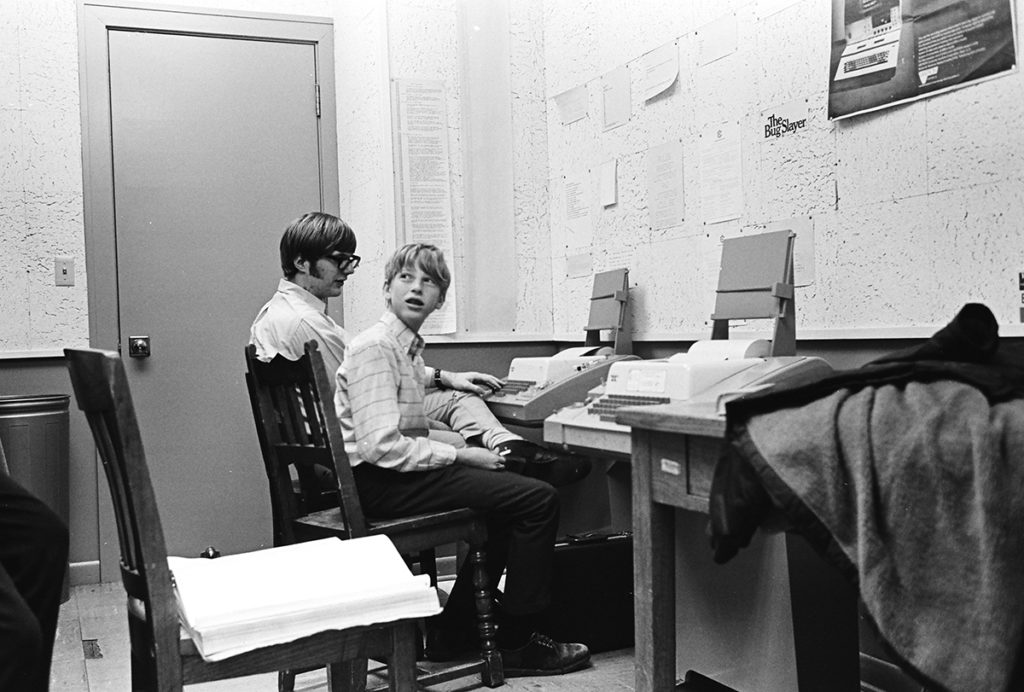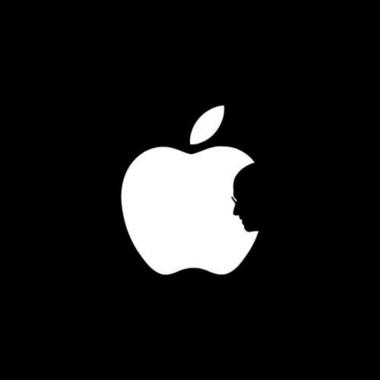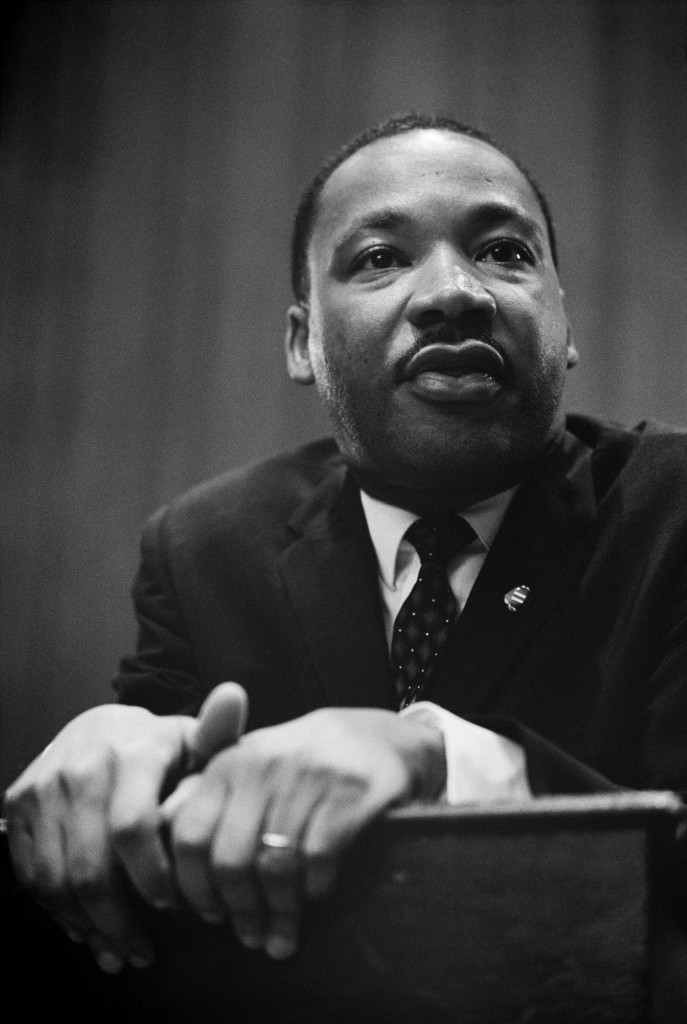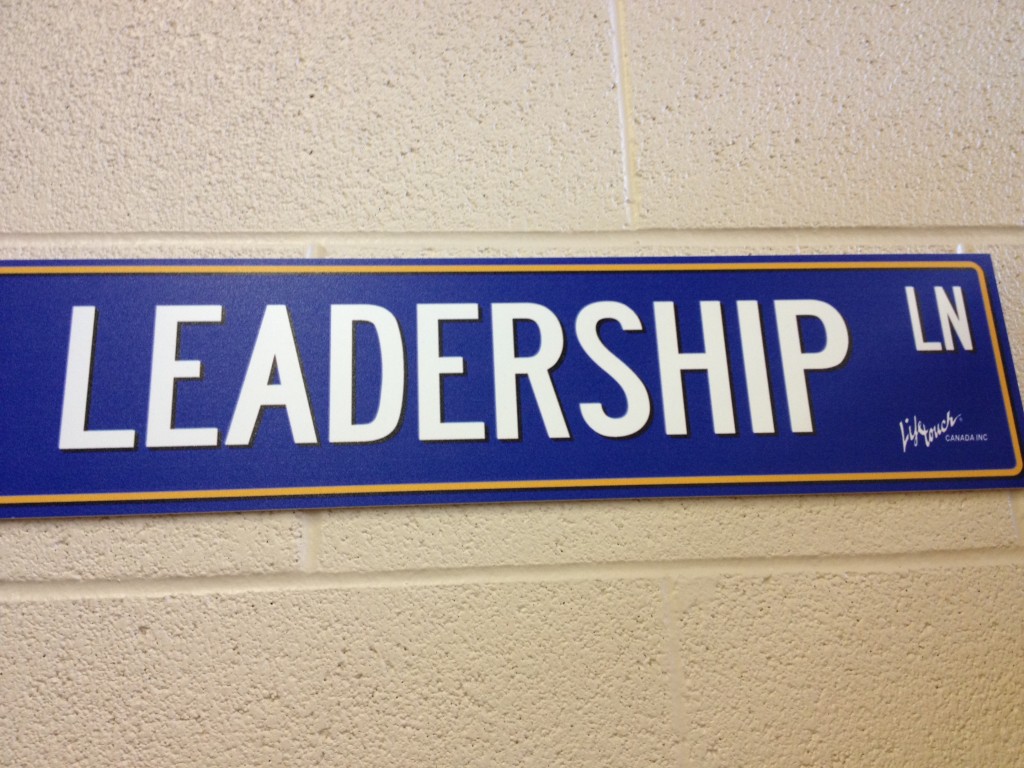Malcolm Gladwell is one of my favorite authors. His book Outliers was outstanding. The stories of success from Bill Gates and Steve Jobs to the Beatles are inspiring. The common theme across all these stories was their early start. These individuals defied the path most people take and achieved greatness through the deliberate practice they received early on in their respective fields. With Bill Gates getting his hands on a PC in 8th grade, his curiosity driving him to learn more. With the right opportunity, in his case access to computers in the lab at the University of Washington where he worked his way to genius by testing out and experiencing professional software programs, raking up eight hours a day, everyday. The same goes for the Beatles, before they hit fame they played at a small pub in Hamburg, Germany. Their job was to play for eight hours everyday, they did so at one particular club – the Indra Club for 48 consecutive nights. When they started they only had three songs to play so they wrote more just to fill the space. And in doing so they too clocked their 10,000 hours very early in their career. And so this rule was born. With deliberate practice these outliers found success because they achieved the 10,000 hours of pursuit in their line of work far earlier than anyone else. Interesting concept right? Indeed. But that was way back in 2008. New research now tells us there is more to it than just 10,000 hours of deliberate practice. It seems that is just half the story (isn’t it always?).
So what’s the new big idea for 2020! The context of domain was missing from Malcolm Gladwell’s famed 10,000 hour rule. While deliberate practice works in specific domains it doesn’t quite work for everything. In domains where the outcomes are pre-determined, like playing golf or the piano, the 10,000 hour rule certainly bears fruit. Or does it? Not so much according to David Epstein. In his book “Range” he sort of obliterates this rule even in domains with pre-determined outcomes like sports. His book is what inspired this post. In it David shares the story of Tiger Woods. He is the king of all head starts. I mean he was swinging a club tall enough to reach his shoulders when he was just two years old, and that’s also when he won his first tournament in the ten-and-under division. Seriously! He was just two years old! At age four his father would drop him off at a golf course only to pick him eight hours later, with a smile on his face and the buck loads of money he would make off anyone foolish enough to doubt his skills. We all know how that story goes. Today he holds 82 PGA Tour victories, has career earnings of over $120 million, higher than any golf player in the world with total off-course endorsement earnings of $1.5 billion. The point to note here is that all this was by design. His father steered him early on to pursue golf relentlessly. He noticed that his six-month old son could balance on his hand as he moved about the house. So at seven months he gave him a putter to fool around with in his walker. At ten months he would be swinging a golf club that had been cut down to size for him, imitating what he had been watching in the garage. He was setup to pursue those 10,000 hours of deliberate practice as a toddler. It is true that Tiger Woods was naturally “gifted” but he became who he did because his natural tendencies were nurtured early on.
In the same context we have the story of Roger Federer. He had quite a different start. Even with a mother as a coach he didn’t receive any coaching from her. He would kick a ball around with her as learned to walk and played squash with his father on Sundays. In fact in his early days he dabbled with everything from skiing, wrestling, swimming to skateboarding. As a kid he just loved to play. The only inclination he had was that the sport involve a ball and so he played everything from badminton, basketball, table tennis, tennis, handball to even soccer at school. His parents were not steering him in any one direction. It was only until his teenage years that he gravitated more towards tennis. Even then the only nudge he received from his parents was to not take tennis so seriously. He was a late bloomer. He didn’t get 10,000 hours of deliberate practice of tennis early on his career. Quite contrary, for him it was the range of sports that he played, something he credited to his athleticism and hand-eye coordination. So much for the 10,000 hour rule then? Maybe both these stories are exceptions. Or maybe there is something else driving excellence.
Ask any Olympic athlete. The gargantuan effort they put behind their pursuit of gold is simply mind boggling. While working on project related to the Olympics I learnt that on average Olympian trains 6 hours a day, 6 days a week for 11 years to make it in their respective sport! Thats over 20,000 hours. Or that an elite swimmer swims more than the distance from Beijing from London over 4 years of their training. The stats go on and on. But simply stated it is just hard wok, like Brutal.Hard.Work. There are no shortcuts to success. Digging deeper though, into the paths of elite athletes reveals that eventual elites undergo what researchers call a “sampling period”. They experience range. They try out different sports in an unstructured way. They gain certain physical competencies from these experiences and at the same time discover what they really want to do before focusing on the one thing they would eventually excel at. This holds true for most of the German soccer team for one and it holds true for players like Tom Brady who was officially drafted into professional baseball before football. The lesson is the same “early sampling is key, as is diversity of experience”.
But what about other domains outside of sports. Surprisingly it gets worse. While diversity and early sampling makes for a better athlete, not doing so is not a deal breaker. Sportsmen like Tiger Woods are a case in point. However in the world outside of sports a singular focus is actually detrimental to success. Expertise leads to narrow-mindedness. The more experience we gain the worse we get. The double jeopardy is that the same narrow-minded experience is what boosts our self-confidence. This reminds me about the points made by Daniel Kahneman about expertise and experience. Because of how people make decisions, driven by System 1 thinking that is fast, irrational and emotional, the only thing experience increases is the confidence in our ideas, but not their accuracy. In the same vein the “so-called experts” are very high in confidence but not so high in accuracy. He argues that expertise is only possible in the context where the experience gained is through regular feedback where the outcomes can be easily measured and tested. That doesn’t sound like real life now does it? Outside of sports that is simply not possible because the world is just not regular enough for people to learn the rules. In his case he took the example of financial market experts. “This is psychologically a puzzle,” Kahneman said. “How could one learn when there’s nothing to learn?” He called this kind of intuition to be closer to superstition. I digress.
While Kahneman goes way deeper into our cognitive biases and how our brain gets in the way of making rational decisions and from the point of view of this blog post, hampers the development of expertise. Personally if I look at the expertise continuum I will hold sports at one end and something like financial market forecasting on the other extreme with everything else in between. An example closer to home is creativity, where an idea is defined as an unexpected combination of two or more known or expected thoughts. And to be creative, to be able to come up with big ideas simply from a mathematical sense means having at ones disposal a larger number of diverse thoughts across domains, the more numerous and diverse the dots the more likely can we combine them in unexpected ways. In other words to be truly creative we need range beyond the technical skills of our craft.
While David Epstein goes much further then what I have covered here. He makes a strong case on the benefits of breadth, on gaining diverse experience, of developing interdisciplinary thinking and delaying concentration especially in world which demands hyper-specialization, something I did even touch upon here. Perhaps that’s a topic for another post. But if you take away one thing from this post it is to treat life like a buffet rather than a fast food restaurant with only one item on the menu.




